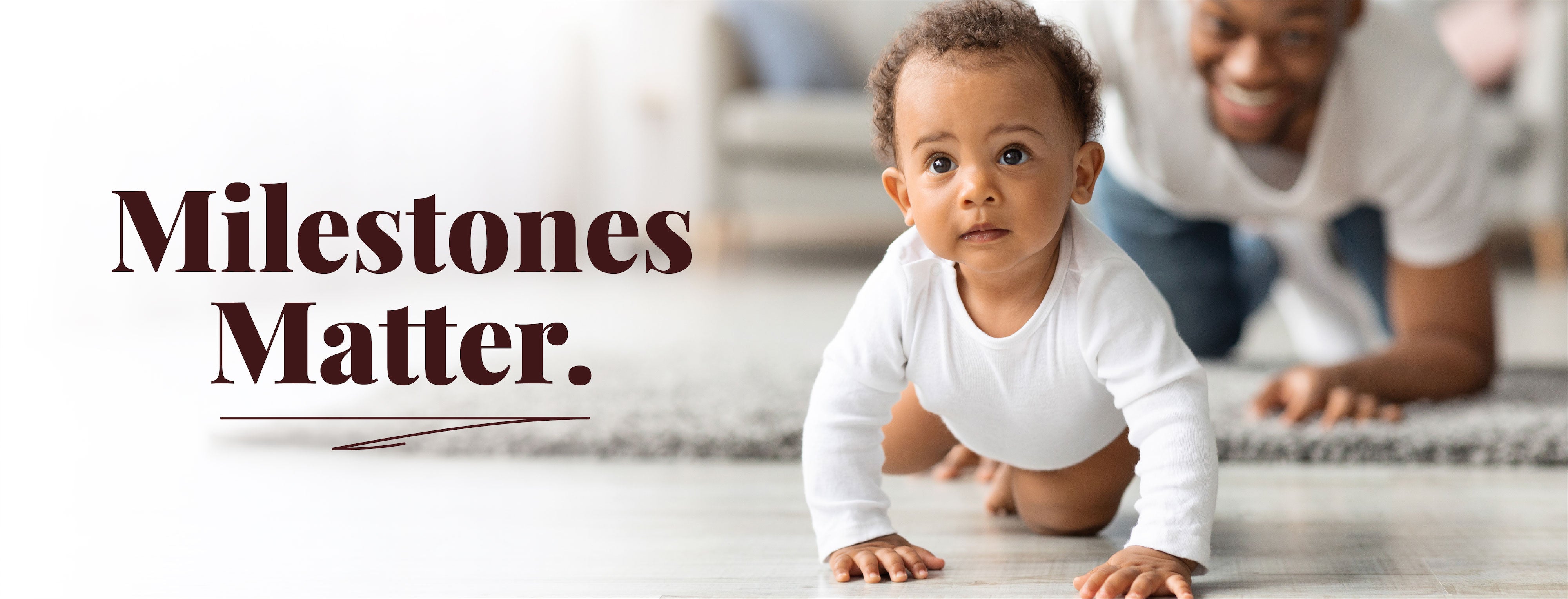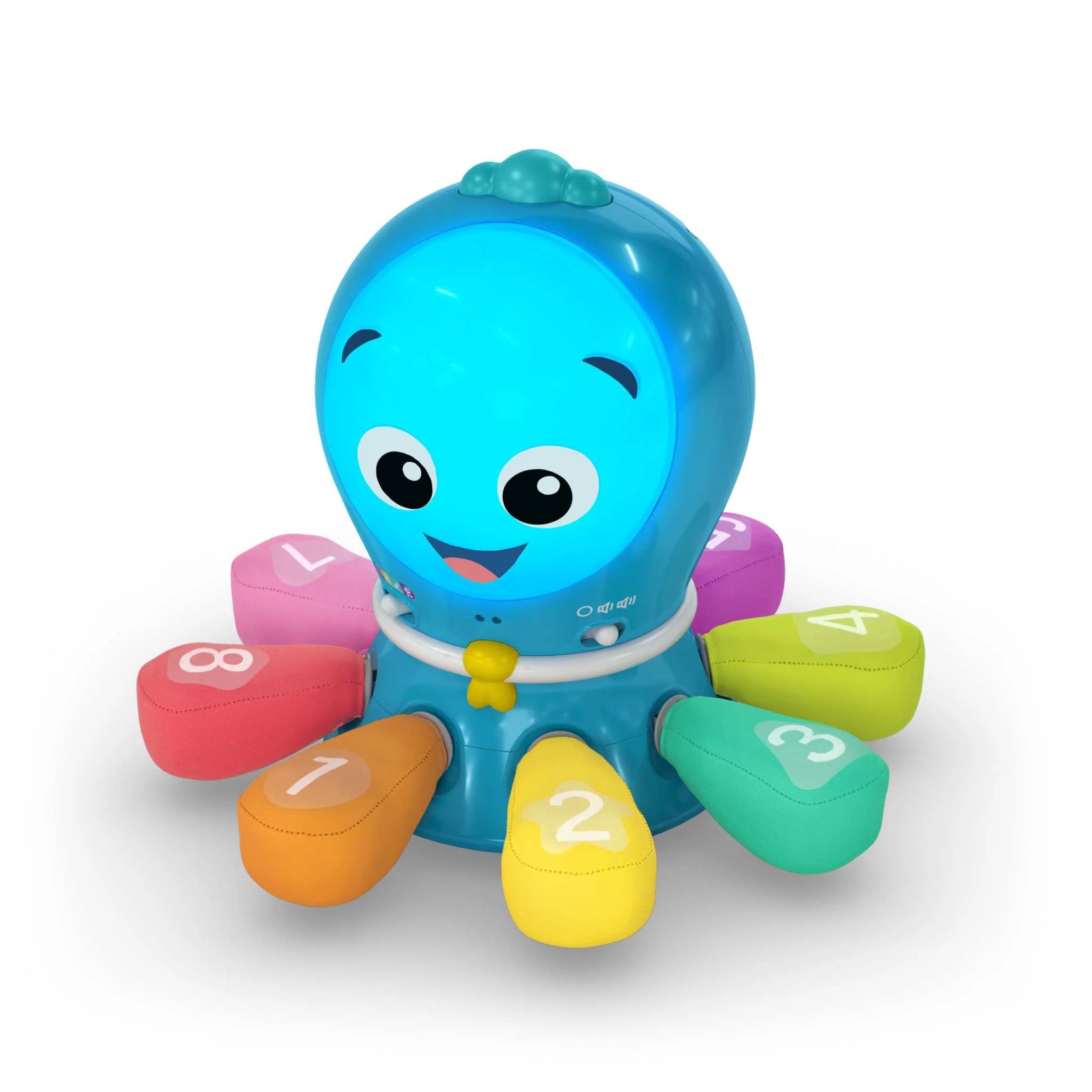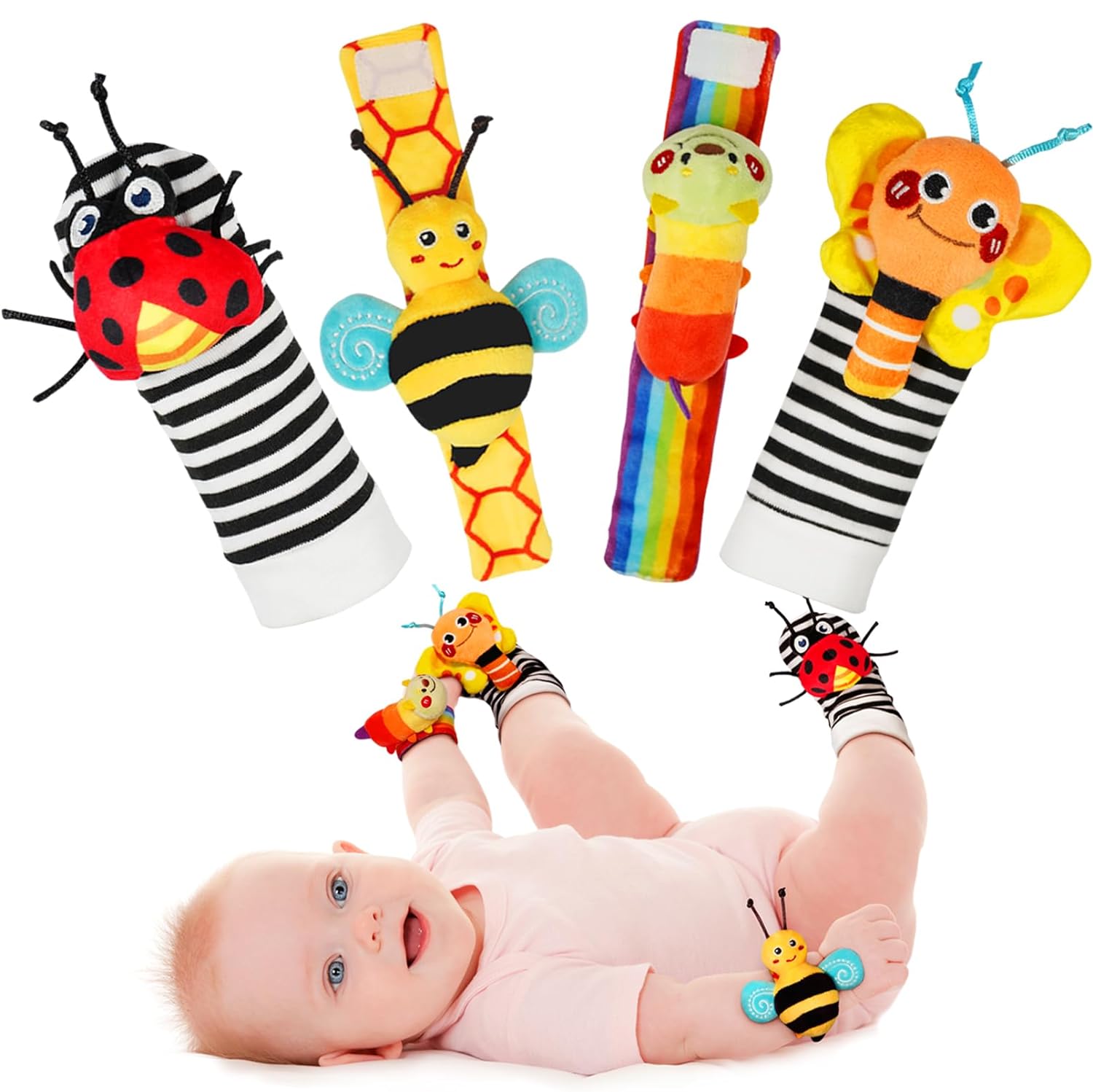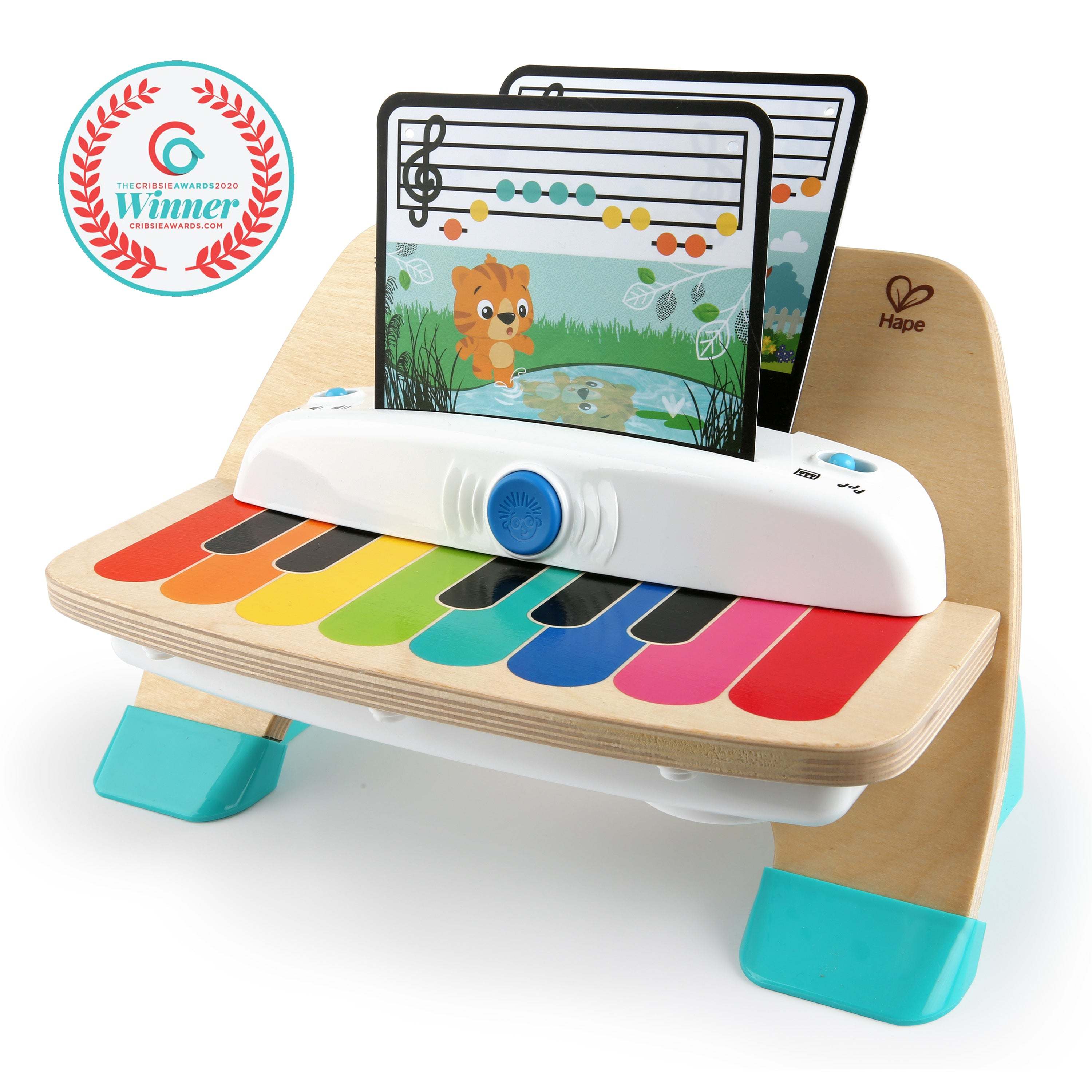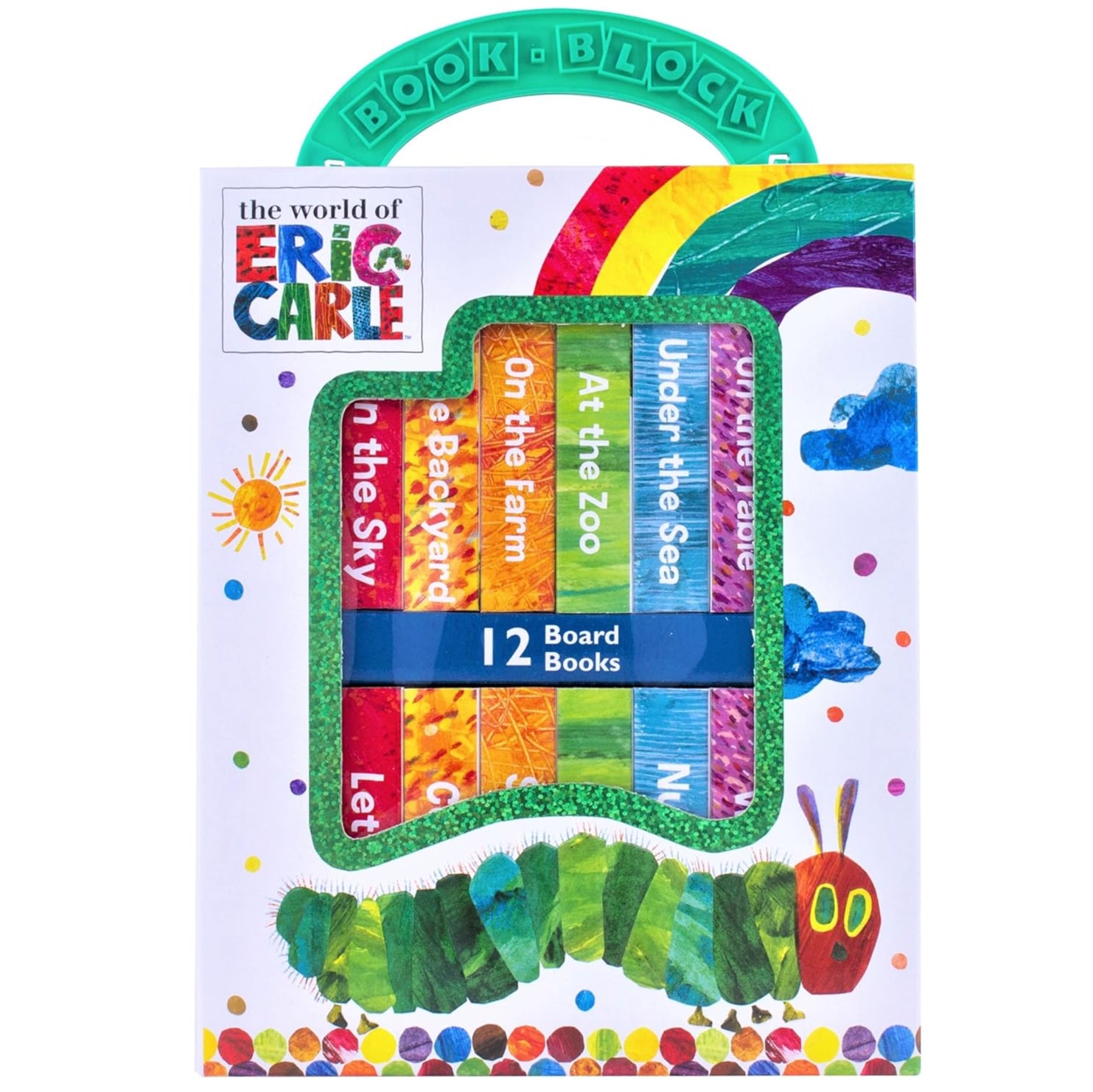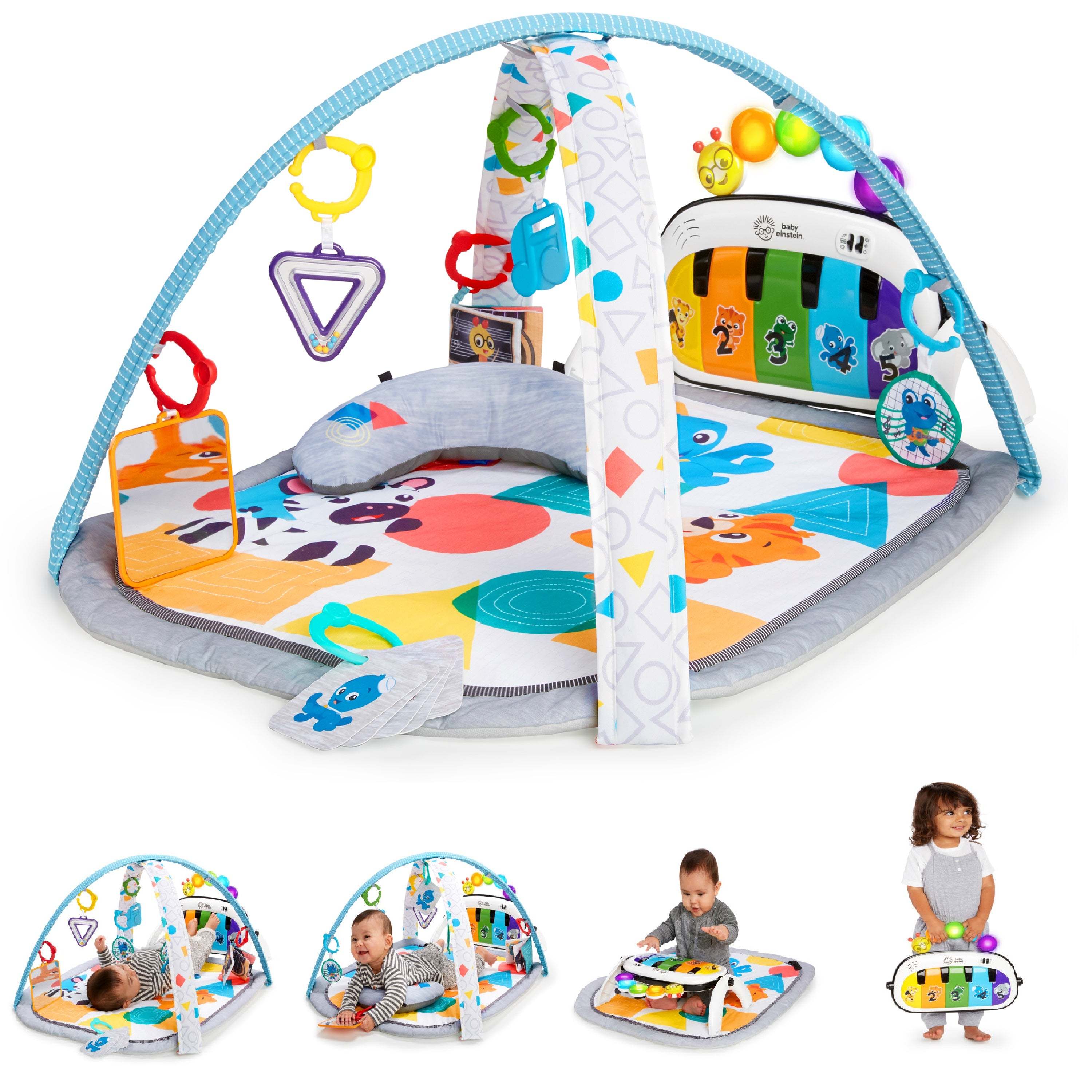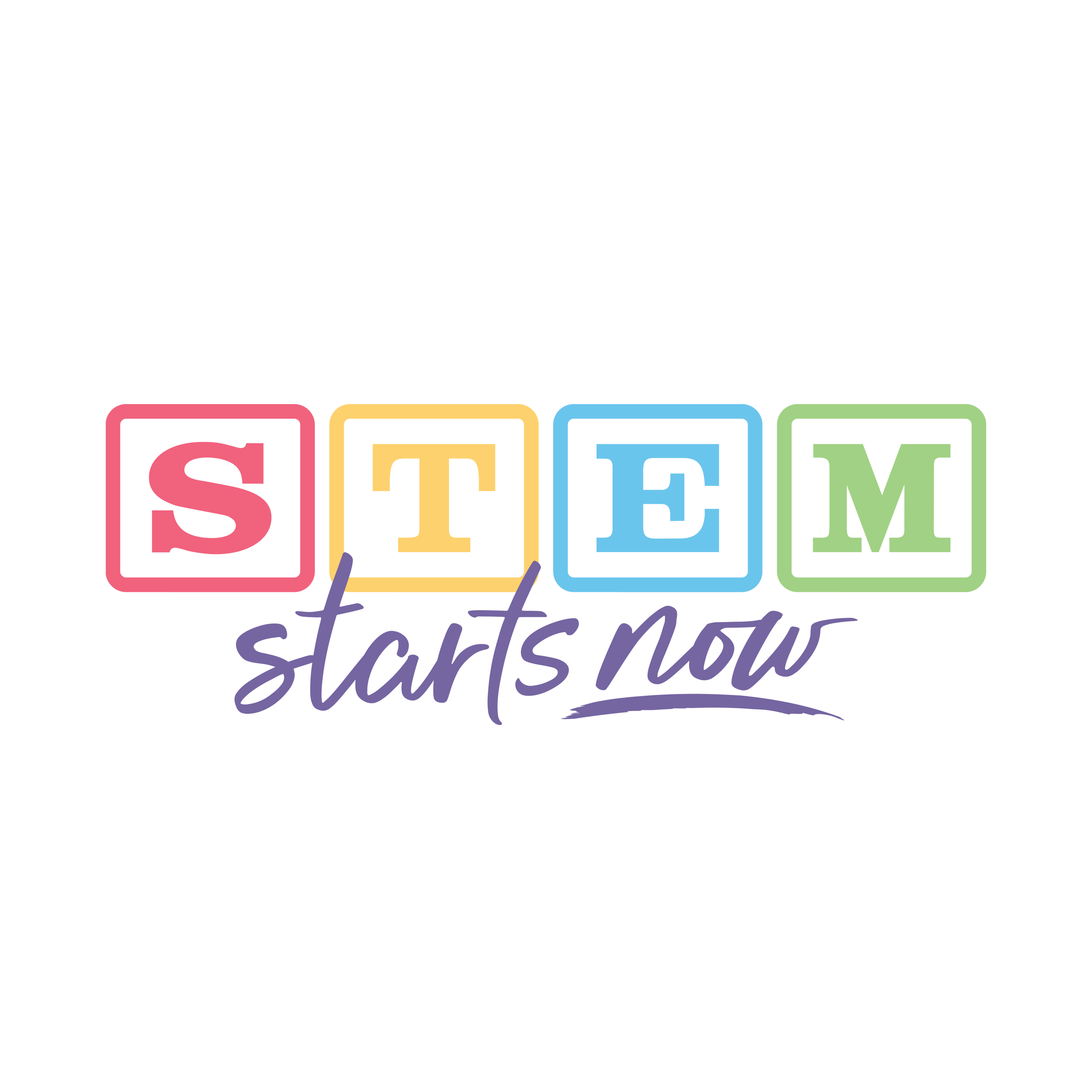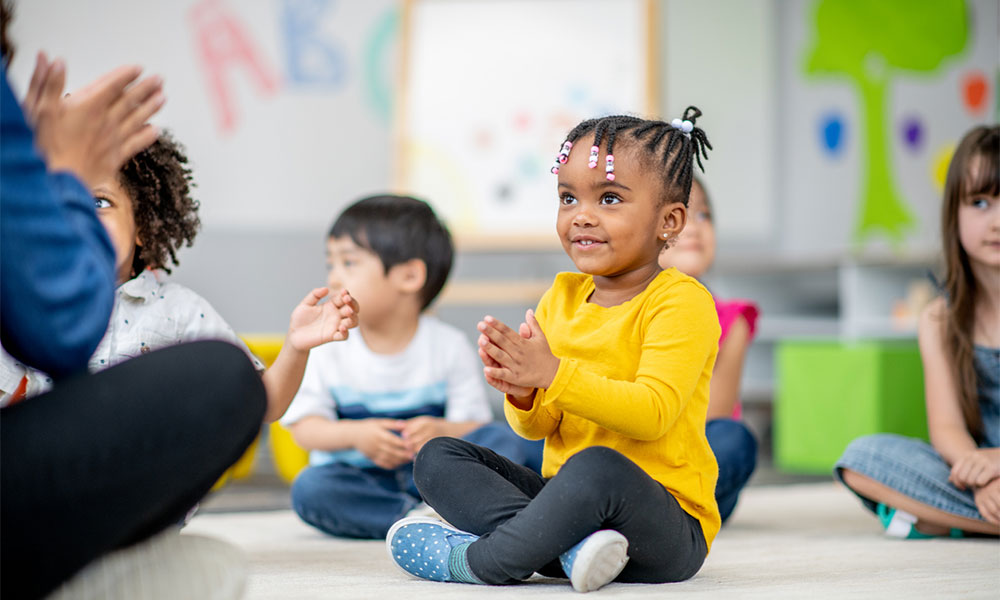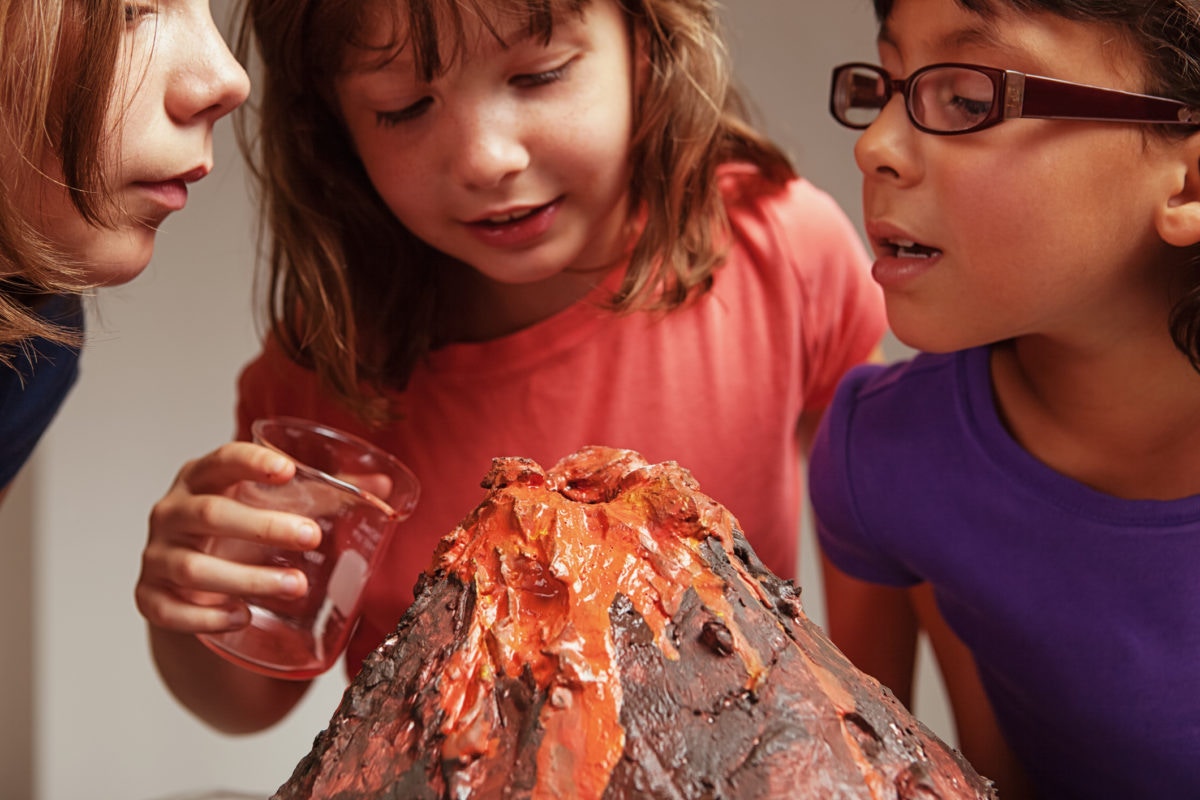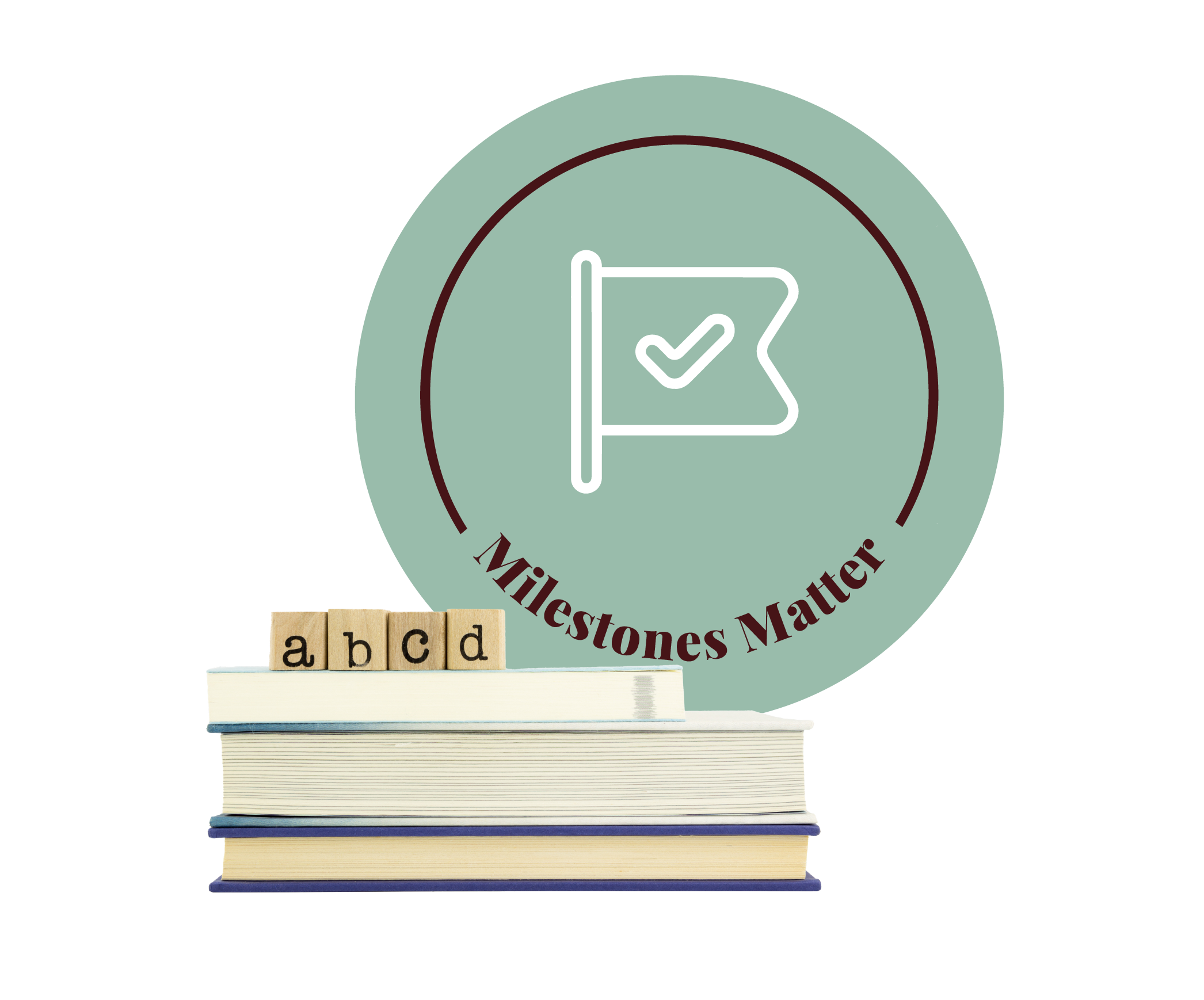
Kids change so fast that it’s dizzying. In their first 1,000 days of life, your baby's brain develops faster than at any other time. Developmental milestones in how little ones play, learn, speak, connect, and move are signposts along their path of growth. From rolling over to waving “bye bye,” from the first silly sounds to the first smile, from learning to walk to learning to read, milestones are checkpoints in children's development.
They’re also more than a little magical. At ParentCo., we’re here for information, expertise, thorny questions...and to wave our pom poms.

FEATURED EXPERT
Dr. Aimee Ketchum, OTD, OTR/L, CNMI
Location: Pennsylvania
Social: @aimeeketchum
Dr. Aimee Ketchum is a doctor of pediatric occupational therapy, newborn massage instructor, mom, and yoga instructor with over 20 years experience working with children from the neonatal intensive care unit (NICU) through high school. She’s the Creator of STEM Starts Now and founder of Aimee’s Babies, LLC.
Milestone Essentials
Developmental Milestones FAQs
Every child develops on their own timeline, but knowing the typical milestones can help you celebrate progress and understand what’s ahead. At ParentCo, we believe milestones aren’t checklists—they’re guideposts. This FAQ is here to answer common questions about physical, social, emotional, and cognitive growth, so you can support your child with confidence, patience, and joy.
What are developmental milestones?
Developmental milestones are the skills or abilities most children achieve by certain ages—things like rolling over, walking, first words, or pretend play. They provide a roadmap for what’s typical, but they aren’t rigid deadlines. Every child’s journey looks a little different, and that’s perfectly normal. Here’s why milestones matter.
Why do milestones matter?
Milestones help parents and caregivers recognize progress and give doctors and teachers a way to track growth. They can also flag when extra support may be helpful. Think of them as signposts rather than scorecards—they guide and reassure, but don’t define your child’s worth or potential.
What’s a typical timeline for motor milestones?
Most babies roll by 4–6 months, sit without support around 6–9 months, crawl by 9–10 months, and walk near their first birthday. Here’s an explainer about first steps. By age 2, many are running, climbing, and beginning to kick and throw. By age 3, they may jump, pedal a tricycle, and balance briefly on one foot. Skills emerge in bursts, often after periods of quiet practice.
What about language milestones?
Babies usually begin cooing and babbling between 4–6 months, say their first simple words around 12 months, and by 2 years can often put two words together (“more juice”). By 3 years, most children have short conversations and a vocabulary that grows almost daily. Language skills blossom with interaction, repetition, and encouragement.
How do social and emotional milestones unfold?
In the first year, babies smile, giggle, and begin recognizing familiar faces. Toddlers often show strong preferences, imitate adults, and seek comfort from caregivers. By preschool, children practice empathy (“Are you sad?”), begin parallel play with peers, and slowly learn to share. These milestones lay the foundation for relationships and emotional resilience. You can read more about social-emotional learning here.
How can I support my child’s development day to day?
Your time and attention are the most powerful tools. Talk, sing, cuddle, and play. Provide safe spaces to explore and toys that encourage imagination. Everyday routines—mealtime, bath time, grocery shopping—can become opportunities for learning language, motor skills, and social habits.
When should I be concerned about developmental delays?
Every child has their own pace, but if your baby isn’t rolling or sitting by 9 months, not walking by 18 months, not using words by age 2, or showing very limited social engagement, it’s worth asking your pediatrician. Trust your instincts: if something feels off, early support is always better than waiting and worrying.
What’s the difference between milestones and growth spurts?
Growth spurts involve physical size—like sudden increases in weight, height, or appetite—while milestones mark new abilities and skills. Both can happen in bursts, but milestones are about what your child can do, not how much they grow.
Do children “regress” in milestones sometimes?
Yes, temporary regression is common. A potty-trained toddler may have accidents after a big change, or a chatty preschooler may go quiet when adjusting to school. These steps backward are usually short-lived, especially when met with patience, reassurance, and consistent routines.
How can I track milestones without stressing?
Use milestone charts as gentle guides, not checklists. Celebrate small victories and capture memories if you want, but avoid comparing your child to others. Regular well-child visits give you a chance to ask questions and get reassurance. What matters most is steady progress over time, not hitting every milestone “on schedule.”
What role does play have in reaching milestones?
Play is how children learn. Stacking blocks builds coordination and problem-solving. Pretend play develops imagination and social skills. Singing games strengthen language and memory. Far from being “extra,” play is central to healthy development across all domains.
Do genetics or environment matter more for milestones?
Both play important roles. Genetics may influence temperament and the pace of development, while environment—relationships, experiences, and opportunities to explore—shapes how skills unfold. Children thrive in supportive, responsive environments where they feel safe to take risks and try new things.
How do sleep and nutrition affect development?
Sleep fuels brain growth, memory, and emotional regulation. Nutrition provides the building blocks for both body and brain. A well-rested, well-fed child is better able to explore, learn, and master new skills. Good routines around meals and sleep help milestones emerge more smoothly.
Can culture influence developmental milestones?
Yes. Different cultures emphasize different skills at different ages. For example, some cultures encourage early independence in self-feeding, while others focus more on group cooperation. Children’s environments—home, community, traditions—shape the way milestones appear and what’s celebrated.
How do I encourage independence without pushing too hard?
Offer small, achievable challenges—like letting your toddler pour their own water or choose between two shirts. Step in with support when needed but resist the urge to do everything for them. Encouraging effort over perfection builds confidence and resilience, helping them meet milestones with pride.
How do I balance celebrating milestones with not comparing my child?
It’s natural to notice what other children are doing, but comparison can create unnecessary pressure. Focus on your child’s unique journey and celebrate each new skill, big or small. Every child has strengths that don’t always fit on a milestone chart—whether it’s kindness, creativity, humor, or curiosity. Remember, milestones are not a race.

